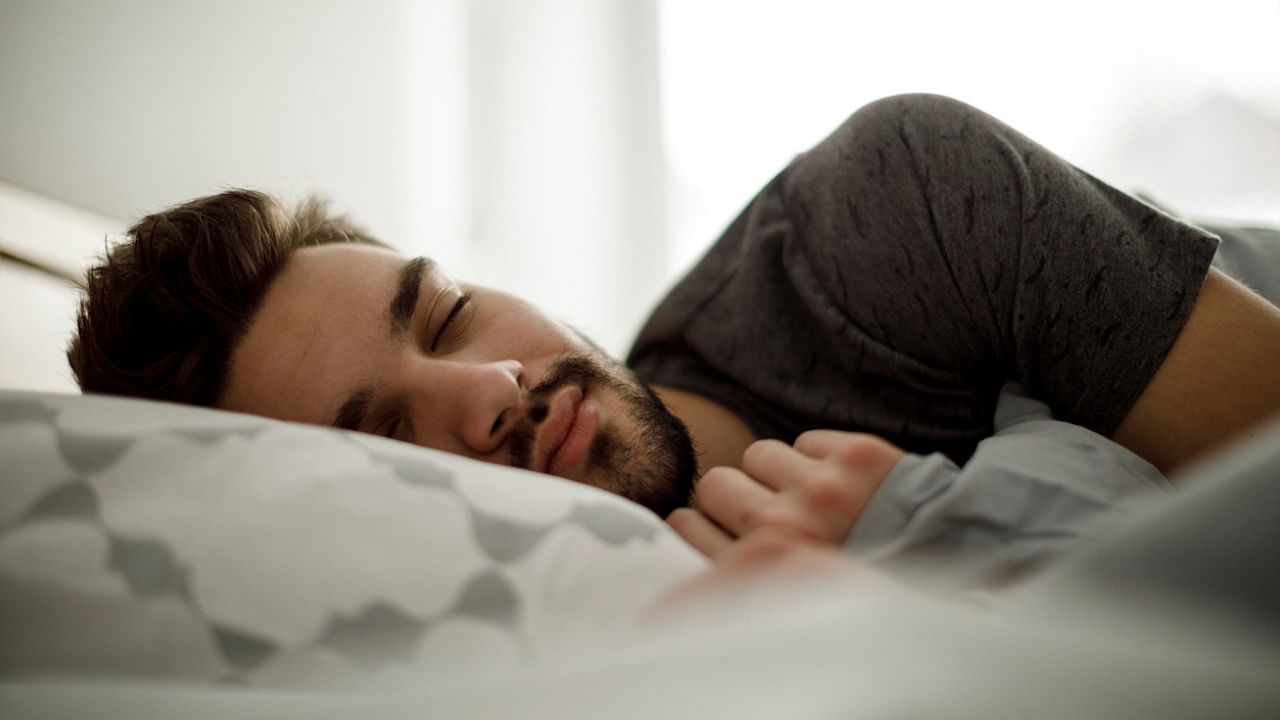
Advertisements had flooded various aspects of our lives, from mobile phones and televisions to outdoor hoardings and sports games, but are advertisers now coming to take over your dreams as a platform?
Dream incubation advertising is something that brands like Coors, Burger King and Microsoft’s Xbox have experimented with and scientists say this is not a gimmick and may have real-life consequences.
Dream incubation is a technique were people watch videos right before hitting the sack, listen to soundscapes during their sleep and other sensory cues are used so that when a consumer wakes up they would have a subconscious urge towards a product or service. What is worrying is that often such a technique can be used by people to convince others to even take drugs.
Such techniques were used in the past by the Greeks who took ill would sleep on earthen beds in temples in the hopes of a cure being revealed to them in their dreams during an induced sleep state. However, in this day and age, researchers can make this more effective as they have the means to assess your exact stage of sleep by monitoring eye movements and brain waves. External stimuli such as sounds, smells and lights can be used to alter a person’s dreams.
Coors, a popular brand of beer encouraged people to watch a video before they slept and then in their sleep listened to a soundscape for the whole duration of their sleep. The company said that if successful, the “targeted dream incubation”(TDI) would trigger dreams of Coors beer.
Burger King in 2018 tried to induce nightmares for Halloween and created a nightmare burger based on a study that it was capable of inducing unpleasant dreams.
Researchers in their study said that dream alteration and incubation can be used to improve creativity, help treat psychiatric conditions such as depression and PTSD. It can even be used to alleviate addiction. 30% of participants in a study smoked fewer cigarettes when they were exposed to smells of cigarettes with rotten eggs.
“Such interventions clearly influence the choices our sleeping and dreaming brain make in how to interpret the events from our day, and how to use memories of these events in planning our future, biasing the brain's decisions toward whatever information was presented during sleep,” the researchers said in their open letter.
Check out DH's latest videos: